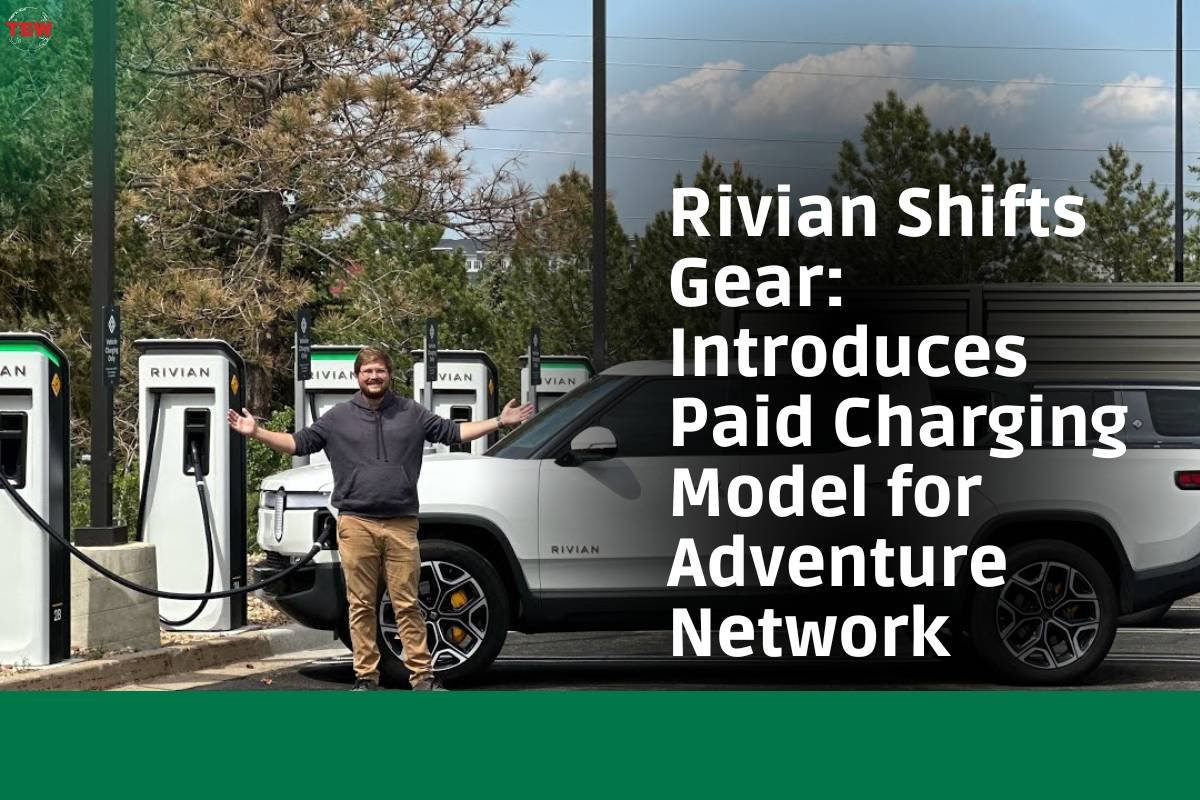Rivian, the electric vehicle (EV) manufacturer, has officially initiated the transition from free to paid charging sessions at its Adventure Network fast-charging stations. This move aligns with the company’s earlier announcement in April, signaling an end to complimentary charging. The shift, implemented nationwide on Wednesday, introduces a pricing structure where owners will either pay per kilowatt-hour or per minute, with fees varying based on charger location and local regulations.
Under the hypothetical scenario of a $0.36 per kWh rate, the cost to charge a Rivian R1T, depending on battery pack configuration, ranges between $38 and $54 for a full 0-100% charge. For a more practical scenario, charging from 10% to 80% falls between $26 and $38. It is important to note that the pricing structure is subject to variation across the Adventure Network, emphasizing the need for owners to be mindful of local charging costs.
Adventure Network Overview and Challenges
The Rivian Adventure Network, presently comprising 57 fast-charging locations with a total of 340 chargers nationwide, falls short of its initial goal set two years ago. Rivian originally aimed for 600 fast-charging locations and 10,000 Level 2 chargers, known as Waypoints, by the end of 2023. These charging stations provide speeds ranging from 120 to 200 kilowatts, and while some are expected to reach 300 kW, Waypoints are limited to 11.5 kW.
Despite the recent implementation of the paid charging model, reports suggest that not all chargers have yet transitioned. Rivian owners have taken to forums, documenting the status of chargers and urging the company to expand its network to meet increasing demand. Rivian’s decision to adopt Tesla’s North American Charging Standard (NACS) connector inlet by 2024 adds a layer of complexity to its infrastructure, potentially affecting the timely installation of new chargers.
Challenges and Future Outlook
Rivian’s charging network, though currently limited in size, plays a crucial role in the broader adoption of electric vehicles in the United States. The company’s plan to open its chargers to all makes and models in the future mirrors the industry trend but may face obstacles due to evolving industry dynamics. Additionally, Rivian’s integration of the NACS connector inlet, while garnering support from owners, necessitates substantial modifications to existing and upcoming infrastructure.
The ongoing expansion and enhancement of fast-charging networks are pivotal in encouraging a seamless transition from traditional combustion-powered vehicles to electric alternatives. As Rivian begins charging owners for usage, the revenue generated can potentially be reinvested to further expand and improve the charging network, ensuring accessibility and convenience for EV owners across the country.





